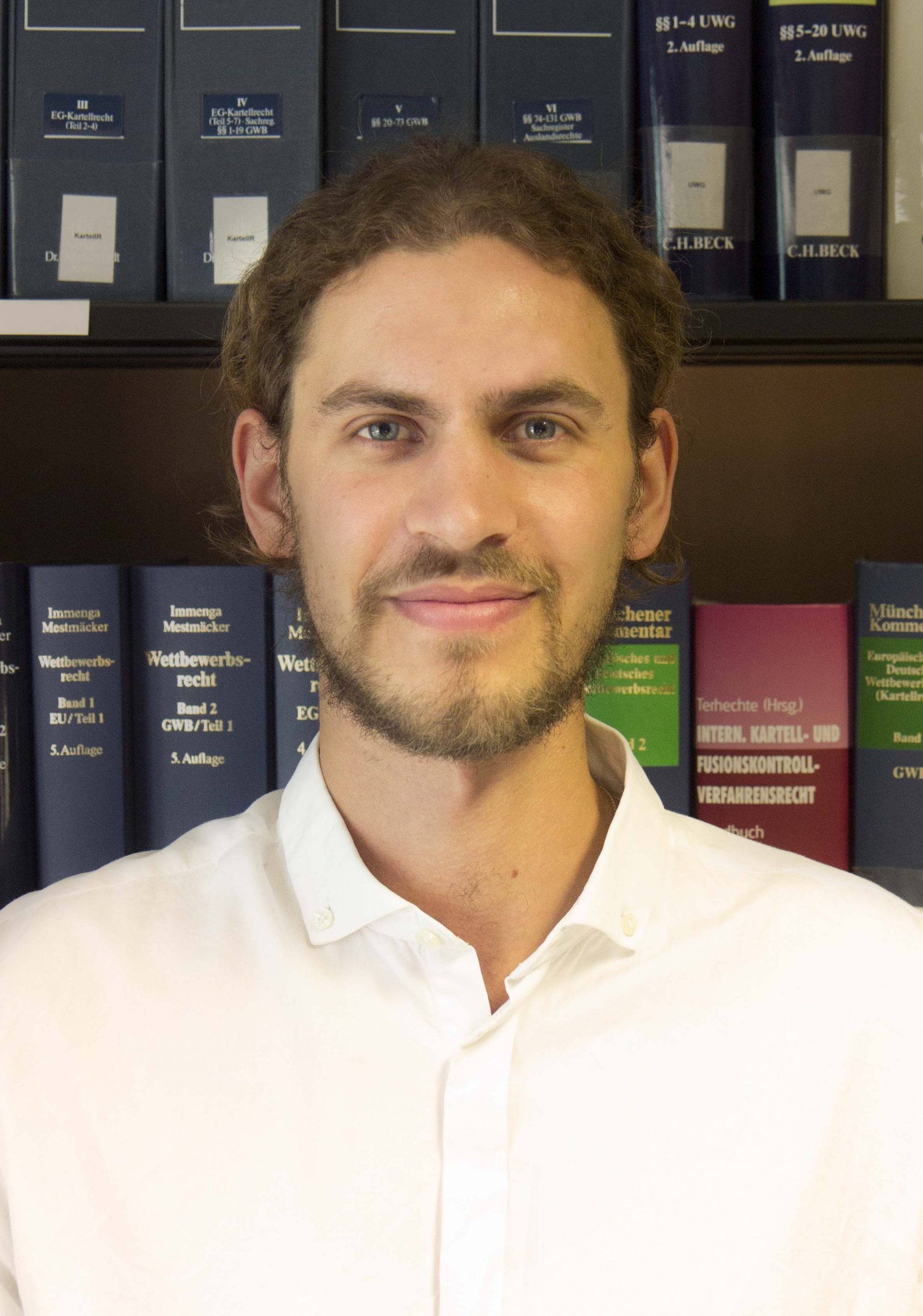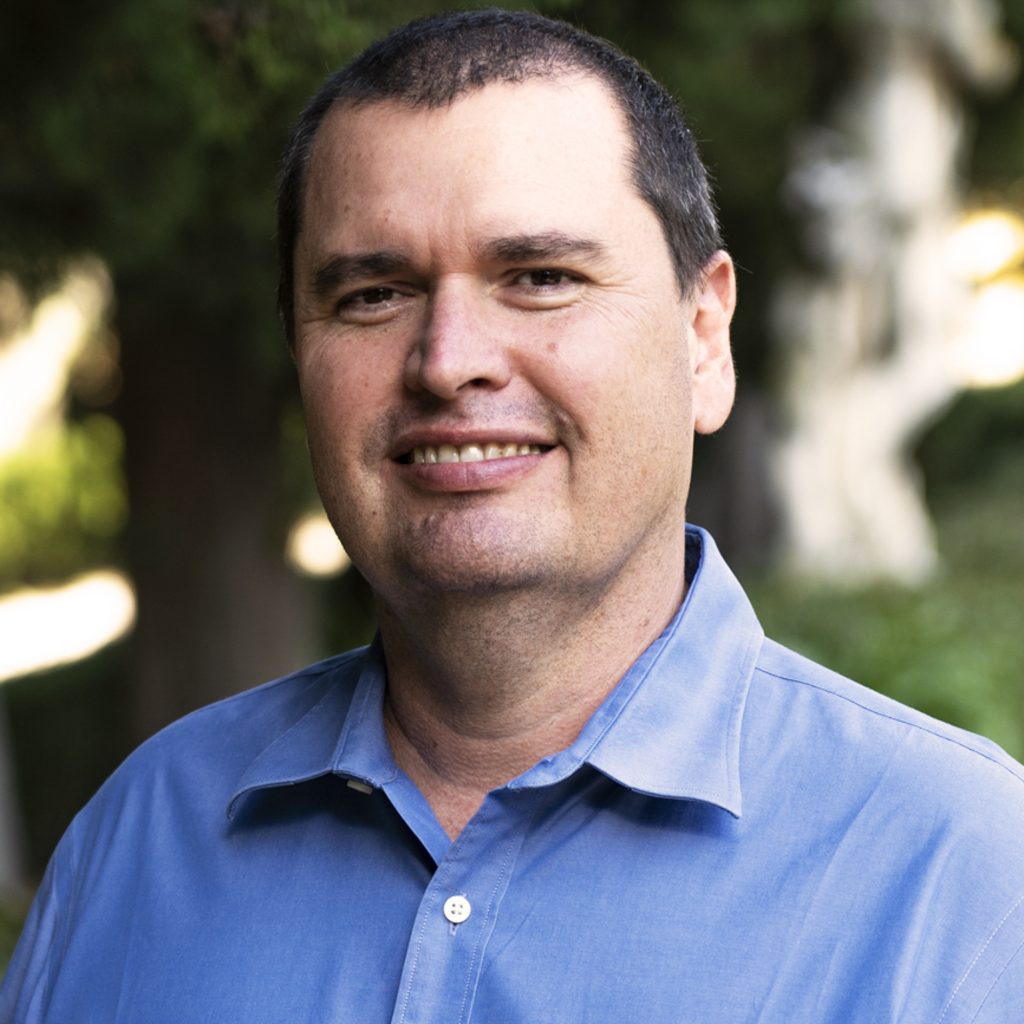
The research team of the FSR Energy & Climate is pleased to invite you to a seminar day in Villa Schifanoia, Florence. On this day, we will host two different presentations followed by Q&A sessions.
Speaker:
Abstract: The Brazilian electricity sector has very interesting characteristics, including a predominantly clean and renewablegeneration matrix, a centrally operated transmission system of continental dimensions, active participation of numerous international investors and well-structured institutional actors. This environment is not immune to the disruptive processes underway globally but may react unexpectedly depending on the action of local drivers. This might complicate the design of reliable future scenarios, but the effort to do it may offer interesting results. The presentation aims to share some of the experience about the Brazilian Electricity Sector and discuss the ongoing research that seeks to identify, in the context of the current energy transition, the main drivers that will shape its future in the long term.
20′ Q&A session
* * * Break * * *
Speakers:
Abstract: Peer-to-peer trade (P2P), community self-consumption (CSC), and transactive energy (TE) are notions that have been recently introduced into the debate over energy regulation and rapidly become fashionable among scholars and policy markets. This development goes hand in hand with the new pro(con)sumer centric energy policy by the push towards digitalization.P2P and CSC are notions that often refer to new models of doing business, exchange energy, or a collective sharing of self-production. TE, instead, is a more generic expression that encompasses both P2P and CSC as a means to a more decentral and reactive approach to managing power exchanging.
There is growing research regarding P2P energy trading, CSC, and TE within fields of economics, engineering, management, and law. Within the first part of the fifth sub-task of the International Energy Agency Global Observatory, the presentation will introduce the preliminary findings of the literature review on the subjects mentioned above in the fields of law and regulation. Literature review, in this context, means the task of systematizing what the scholars and organizations (e.g., policymakers, think tanks, and international organizations) have focused most while making descriptive or normative propositions regarding P2P, CSC, and TE. This is the part of the literature we refer to as blocks. But even though there is quite an amount of research done already, we identify that almost nothing has been said about the intersection of P2P, CSC, and TE and general fields of law. Except for consumer law and data protection, this topic seems untouched so far by the literature. The literature review therefore will outline these missing blocks, namely the expected legal issues that might arise with the implementation of P2P, CSC, and TE but are not represented in legal research so far sufficiently.
20′ Q&A session




Join this webinar to explore how the new GeoMap Europe platform reshapes the understanding of geothermal potential across the EU.…

Join this webinare as experts examine how evolving EU plant health and phytosanitary regulations can balance safety, trade, and sustainability,…

Join this debate as experts explore how EU pesticide Maximum Residue Limits shape food safety, environmental protection, and international agri‑food…
To meet, discuss and learn in the channel that suits you best.